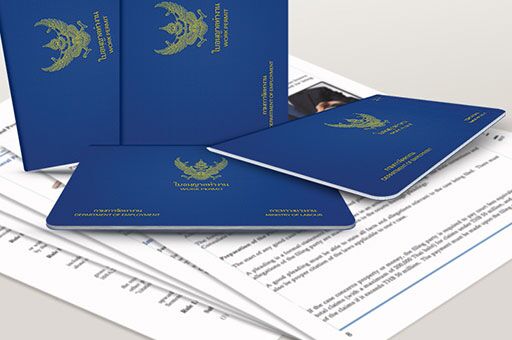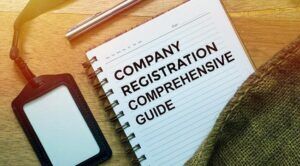Business in Thailand

BOI Thailand: Board of Investment
Do you have a business idea in your mind that you wish to implement? If you think that Thailand is the best place for you to get your company registered, then there are a few things that you need to know about before registering your company in Thailand. You may get in touch with our […]

Properly Closing a Thai Company

Comprehensive Guide to Starting a Business in Thailand
From a traditionally agricultural country, more than half of which consists of farmers, Thailand is sweeping towards industrialization, currently leaning heavily on agro-based industry, diversification of natural resources and exports (Prachimdhit, 1990). Adopting the Buddhist philosophy and policy of taking the middle path as its economic direction, Thailand has successfully achieved and balanced its three-fold […]

Obtaining Important Business Documents in Thailand
Documents needed when registering a company in Thailand Obtaining a Non-immigrant Visa If you want to work in Thailand, you need a work permit. However, before you can apply or be issued a work permit you must have a non-immigrant visa. This is required to apply for a work permit. Ideally, it should be acquired prior to your arrival in Thailand. Law firms like Siam Legal International can assist you in obtaining it in your home country or in a nearby country near Thailand. In addition, they can help you convert a tourist visa to a non-immigrant visa inside Thailand but it can take up to 1 or 3 months for this conversion process. Requirements for getting a non-immigrant visa outside the country: The applicant has been offered a job or starts a Thai company to employ himself/herself The company requests that the applicant be given a non-immigrant visa so the company may apply for a work permit for him/her The company knows the person to be dependable, upstanding, and law-abiding and that they will respect the laws and customs of the Kingdom of Thailand. You should apply for this visa within 30 days before you plan to depart your

Other Forms of Corporate Presence in Thailand
Branches of Foreign Companies There is no special requirement for foreign companies to register their branches in order to do business in Thailand. However, most business activities fall within the scope of one or more laws or regulations which require special registration, either before or after the commencement of activities. Foreign business establishments must, therefore, follow generally accepted procedures. It is important to clarify beforehand what constitutes income subject to Thai tax because the Revenue Department may consider revenues directly earned by the foreign head office from sources within Thailand as subject to Thai taxes. As a condition for approval of an Alien Business License to a branch of a foreign corporation, working capital amounting to a total of five million baht in foreign exchange must be brought into Thailand within certain intervals over a four-year period. The branch may be allowed to operate for a period of five years, unless a shorter period is indicated in the application as a result of a contract to be performed in Thailand. Extension of the original duration of the license to operate may be granted, provided the working capital required to be brought into Thailand is met. A representative office of foreign

Types of Thailand Business Structures
There are three types of common business structures in Thailand. These are the Partnership, Limited Companies, and Joint Venture. We will briefly discuss them one by one below. Partnership Thai and Western concepts of partnership are broadly similar. Thailand provides for three general types of business structures: Unregistered ordinary partnerships, in which all partners are jointly and wholly liable for all obligations of the partnership. Registered ordinary partnerships. If registered, the partnership becomes a legal entity, separate and distinct from the individual partners. Limited partnerships. Individual partner liability is restricted to the amount of capital contributed to the partnership. Limited partnerships must be registered. Limited Companies There are two types of limited companies, i.e., private or closely held companies, and public companies. The first is governed by the Civil and Commercial Code of Thailand, the second by the Public Company Act. Private Limited Companies in Thailand have basic characteristics similar to those of Western corporations. A private Thai limited company is formed through a process that leads to the registration of a Memorandum of Association (Articles of Incorporation) and Articles of Association (By-laws), as its constitutive documents. Shareholders enjoy limited liability, i.e., limited to the remaining unpaid amount, if any,







